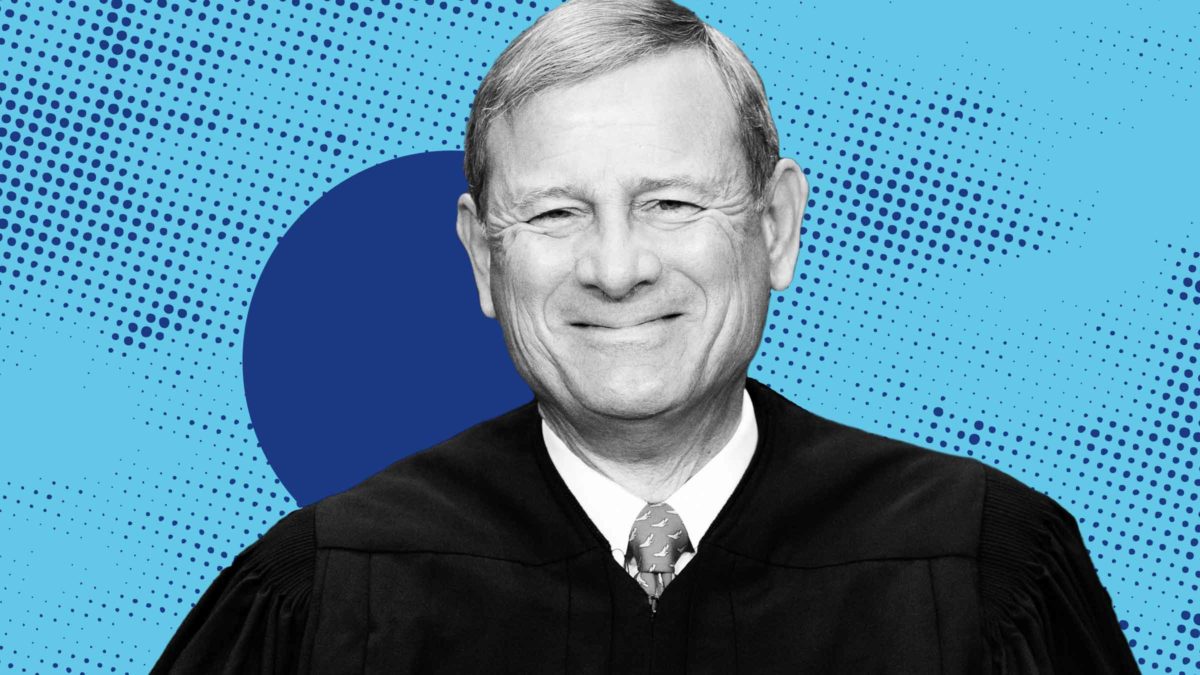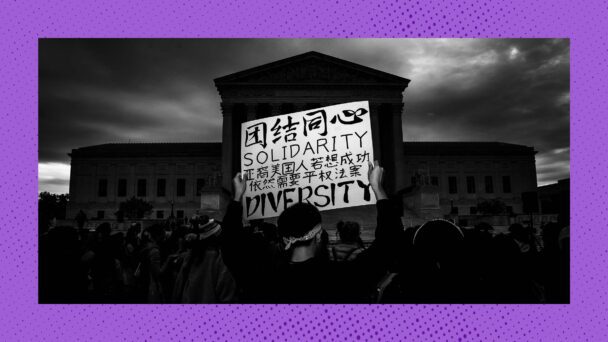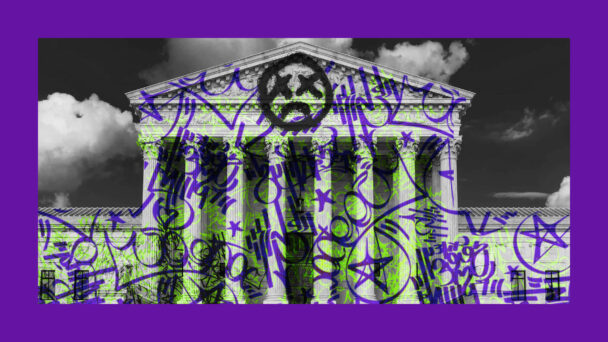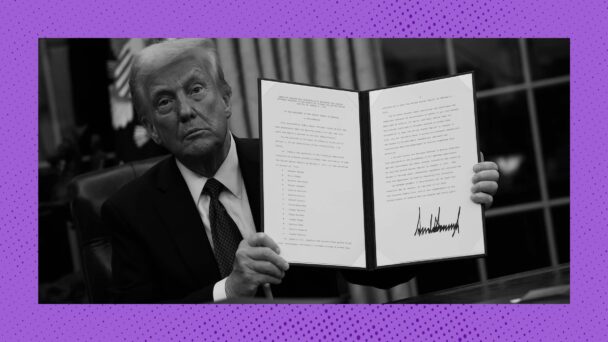Last summer, the Supreme Court struck a major blow against diversity in higher education in Students for Fair Admissions v. University of North Carolina and Students for Fair Admissions v. Harvard. The pair of cases, steered by former stockbroker turned professional aggrieved white man Edward Blum, successfully challenged the schools’ race-conscious admissions programs as unconstitutional, hollowing out decades of legal protections for affirmative action in institutions of higher learning.
But the conservative legal movement’s crusade was never going to stop at colleges and universities. By holding that race-conscious admissions violate the Fourteenth Amendment’s command to not deny “the equal protection of laws” to any person, the Court made it constitutionally suspect for any institution that receives government funds to use targeted measures to address inequality.
Since SFFA, conservative activists have filed a host of lawsuits challenging diversity and equity initiatives in other fields, and the Court’s perversion of the Constitution is already seeping into lower court opinions. On March 5, Trump-appointed district court judge Mark Pittman ruled that it’s unconstitutional for the Minority Business Development Agency to consider race or ethnicity in determining whether applicants can benefit from the agency’s services, which include help with contracts, capital, training, and other services helpful for sustaining and growing business. In other words, according to Pittman, it’s illegal for the Minority Business Development Agency to focus on the development of minority businesses.
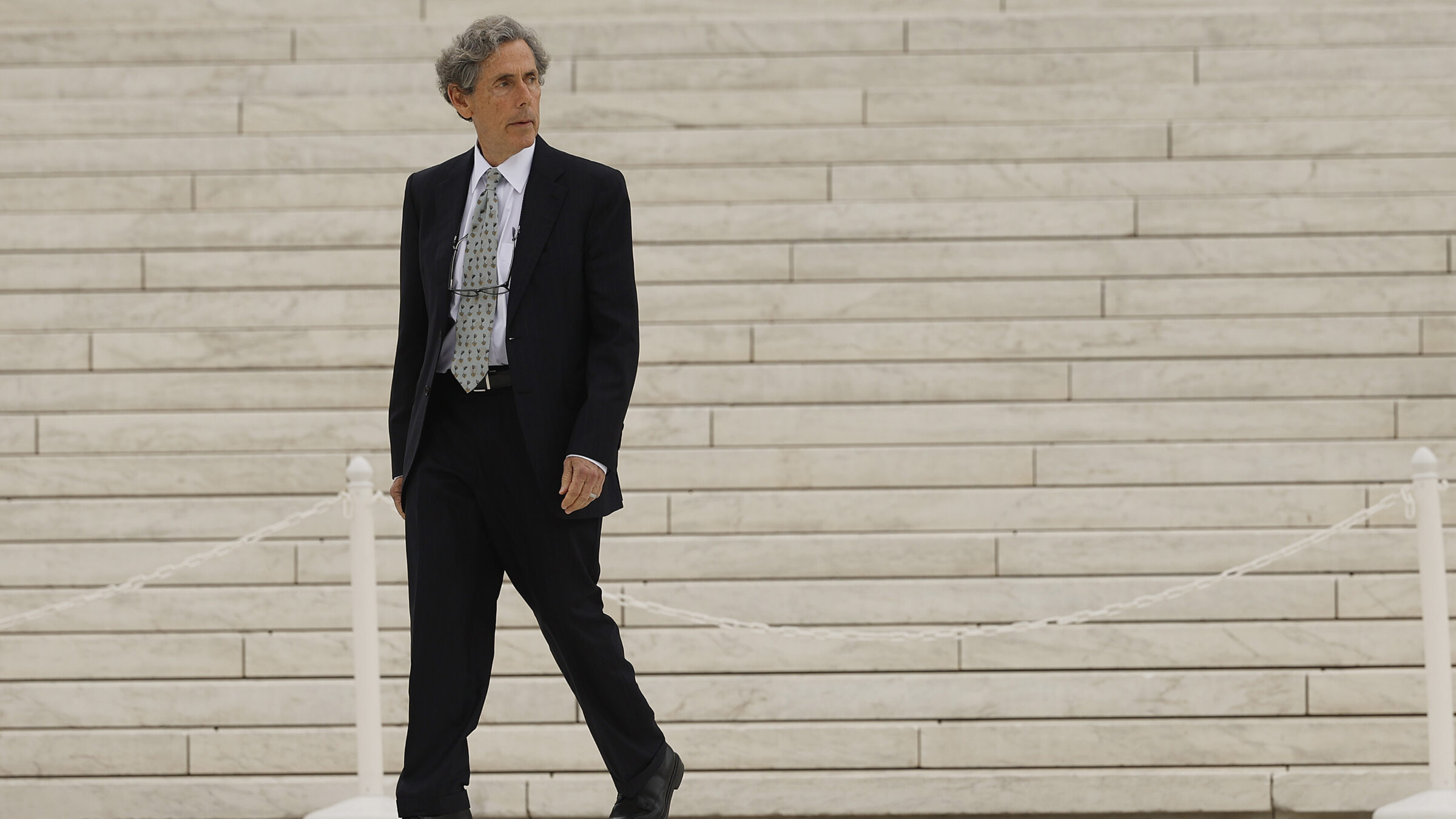
Ed Blum spotting a person of color in a position of power (Photo by Chip Somodevilla/Getty Images)
The MBDA, housed within the U.S. Department of Commerce, was created by an executive order of President Richard Nixon in 1969. It recognizes that people of color have been discriminated against in this country for-literally-ever, and that the government needed to take reparative action if people of color were to ever fully participate in the American economy. In 2021, the MBDA became a permanent agency. Its website states that it is “the only federal agency solely dedicated to the growth and global competitiveness of minority business enterprises.”
The statute governing the Agency identifies Black or African Americans, Hispanics or Latinos, American Indians or Alaska Natives, Asians, and Native Hawaiians or other Pacific Islanders as individuals who are presumed “socially or economically disadvantaged.” (Other individuals may still qualify if “their membership in a group has resulted in their subjection to racial or ethnic prejudice or cultural bias or impaired their ability to compete in the free enterprise system.”) The plaintiffs in Nuziard v. MBDA are three white men and small business owners who sought the services of the MBDA. All of them faced some kind of hardship in their lives—one is a veteran, another a disabled immigrant, and another grew up poor—but, notably, none of them faced hardship because they were white men.
That is, the court contends, until they tried to utilize the services of the MBDA and learned they didn’t qualify. “When Plaintiffs sought benefits from their local Business Centers (and others), they were turned away because they aren’t on the Agency’s list of preferred races/ethnicities,” Pittman writes. He goes on to quip that this means “Oprah Winfrey is presumptively disadvantaged” while low-income white Americans are not. Apparently, the American economy has a Black friend so it can’t be racist.
Pittman knows that Oprah is not representative of the pervasive economic precarity in Black America; he acknowledges that “minorities have less access to loans, get less money when they apply, and have to pay more for it.” Nevertheless, he claims that presuming the very disadvantage he just agreed exists is improper stereotyping, and finds that any conferral of benefits to people of color necessarily comes at the expense of white people who did not appear on “the Agency’s magic list.” Finally, Pittman makes ominous predictions about the effects of MBDA’s policies, writing that even “well intentioned” favoritism can “metastasize for embittered subsets of the populace.” The prospect of white people being sensitive about the existence of one (1) thing that’s not for them is now a constitutional problem.
This mind-numbing rationale comes directly from Chief Justice John Roberts. Congress drafted the Fourteenth Amendment to empower formerly subordinated groups; the dissenting opinions in the Harvard and UNC cases emphasize the Reconstruction Era-understanding that “in a society where opportunity is dispensed along racial lines, racial equality cannot be achieved without making room for underrepresented groups that for far too long were denied admission through the force of law.” In his majority opinion, however, Roberts concluded that “a benefit provided to some applicants but not to others necessarily advantages the former group at the expense of the latter,” and that “eliminating racial discrimination means eliminating all of it.” This counterproductive formalism renders the Constitution powerless to actually redress harm, and capable only of reinforcing it.

When Matt Dillon rescues Thandie Newton in Crash (Photo by Brooks Kraft LLC/Corbis via Getty Images)
Edward Blum, meanwhile, is churning out more of these disrespectful lawsuits. Last fall, he secured an order against the Fearless Fund, a venture capital fund co-founded by Cosby Show alum Keshia Knight Pulliam to assist woefully underserved women of color entrepreneurs. (Yes, this man is so racist he sued Rudy Huxtable.) Last week, one of his organizations sued the National Museum of the American Latino, arguing that its internship program is unconstitutional because it is designed to increase representation of Latinos in museum positions. “The Museum ‘engages in the offensive and demeaning assumption’ that Latino candidates can best transmit Latino art and history—not because they necessarily have a deeper knowledge of Latino art, history, or culture, but because of their ethnicity,” the complaint says.
This claim reveals the true purpose of the efforts of Blum and people like him: Conservatives simply don’t think people of color are supposed to be in professional spaces. They’re willing to use the Constitution to keep it that way. And at all levels, they have a federal judiciary willing to hear them out.
